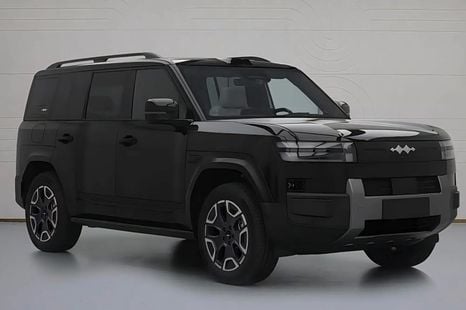

William Stopford
Could this boxy BYD electric SUV come to Australia?
2 Hours Ago

Contributor
Toyota is developing a system which could allow its engines to make the air they breathe cleaner as its cars are driven –just don’t expect to see it in your local showroom any time soon.
A prototype Toyota GR Corolla race car is being used to develop a unique ‘carbon capture’ system, with the air coming out of the hatchback’s exhaust containing less carbon dioxide (CO2) than around the vehicle.
However, the system is currently only in use on a special GR Corolla which has been converted to run on liquid hydrogen rather than petrol – which Toyota claims results in the three-cylinder turbocharged engine emitting trace amounts of CO2.
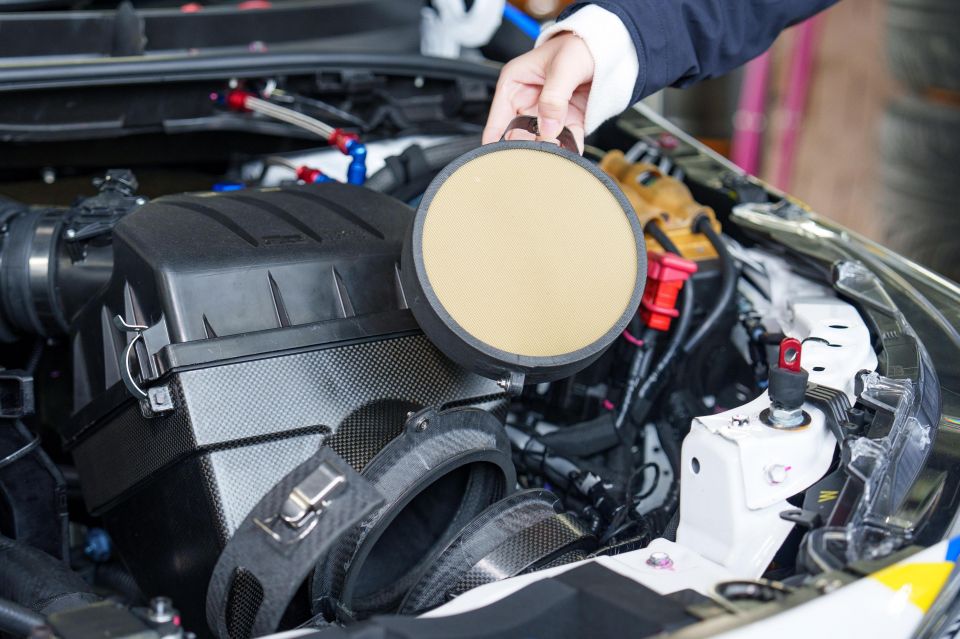
In the Corolla’s engine bay, there is now a pair of filters before the intake manifold made from a ceramic catalyst, which is coated in a CO2 absorbent developed by motorcycle giant Kawasaki.
Once the filters capture the CO2, the carbon passes through a recovery fluid where it all but disappears without a trace.
The prototype car has been raced at Fuji Speedway (owned by Toyota) multiple times, with the carmaker claiming its system captures approximately a gram of CO2 every lap of the 4.56km circuit.

Unfortunately the system isn’t a set-and-forget solution, with the filters needing to be replaced every time the car comes in for a pit stop (about every 20 laps), though Toyota and Kawasaki are pushing on to develop a system which needs less human interference.
Given how frequently the filters need to be replaced, there are no plans to put the carbon capture system into mass production yet, however its development is a part of Toyota’s multi-pronged approach towards reducing carbon emissions.
The automotive giant – which last year set a record of producing more than 11 million vehicles in a calendar year – has often been criticised for its slow uptake of electric vehicles (EVs), instead spending big on further developing its class-leading hybrids and exploring hydrogen power.
In 2023, Toyota sold 72,084 hybrid vehicles in Australia, representing 73 per cent of the hybrid market and 5.9 per cent of total new car sales.
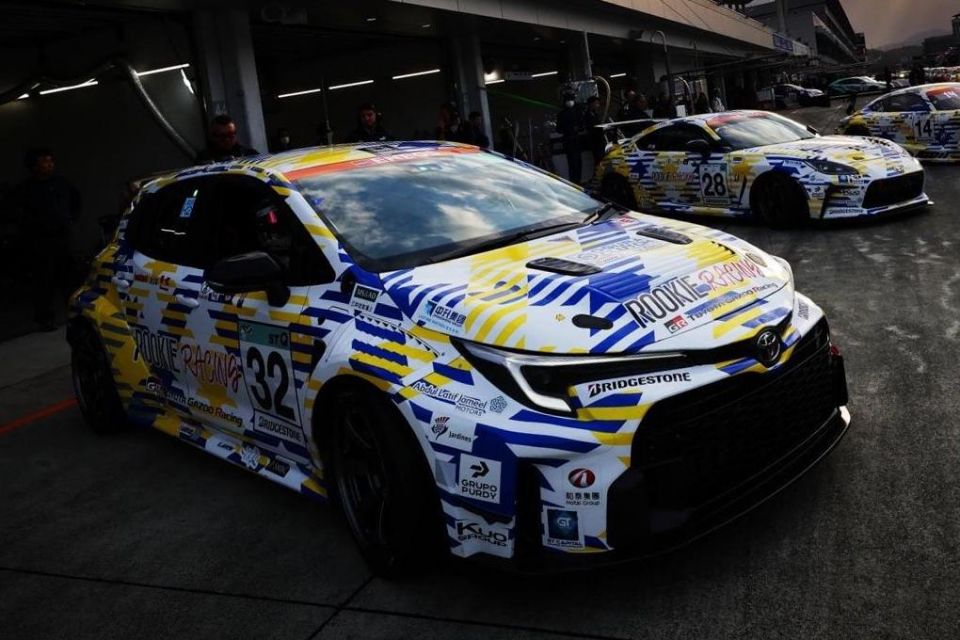
The brand claims the amount of raw battery materials required to make one EV battery could be used in 90 of its hybrid cars.
While Toyota is the world’s leading producer of vehicles and hybrid cars, it has recently come under scrutiny for its practices, with three scandals impacting the wider company within the past two years.
In July 2022, Toyota’s truck division Hino admitted to falsifying emissions data for 860,000 commercial vehicles globally since 2003.
In December 2023, Daihatsu – Toyota’s small-car subsidiary suspended manufacturing in Japan following the discovery that it falsified safety data and used unauthorised safety testing procedures, dating back to 1989.

Last month, Toyota announced it had discovered “irregularities” during engine testing of three turbo-diesel powertrains produced by Toyota Industries Corporation (TICO).
The three engines were found to have been fitted with engine control units (ECUs) for certification testing which differed from those in mass production, raising concerns that Toyota had deliberately cheated government testing.
Last week, the Japanese government announced it would not revoke Toyota’s certification for the three turbo-diesel engines, saying it didn’t find any misconduct by the auto giant.
However, it will revoke the certification for three mass-produced industrial engines which power Toyota forklifts and other heavy equipment. It is not clear if this impacts any Australian vehicles.
MORE: Everything Toyota
Go deeper on the cars in our Showroom, compare your options, or see what a great deal looks like with help from our New Car Specialists.
Born and raised in Canberra, Jordan has worked as a full-time automotive journalist since 2021, being one of the most-published automotive news writers in Australia before joining CarExpert in 2024.


William Stopford
2 Hours Ago
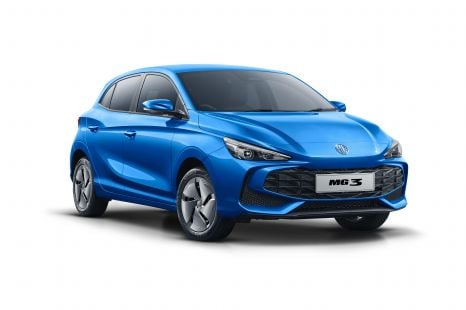

William Stopford
3 Hours Ago
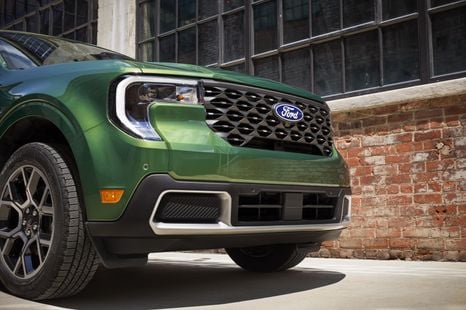

William Stopford
4 Hours Ago
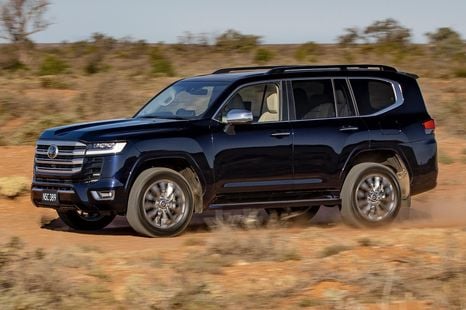

William Stopford
5 Hours Ago
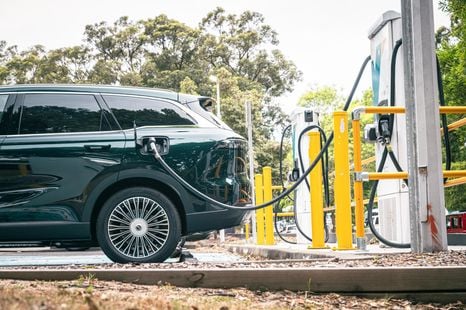

Ben Zachariah
7 Hours Ago
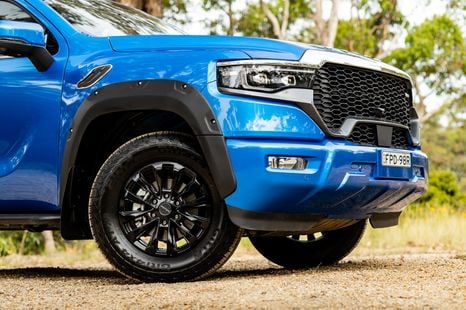

William Stopford
7 Hours Ago
Add CarExpert as a Preferred Source on Google so your search results prioritise writing by actual experts, not AI.